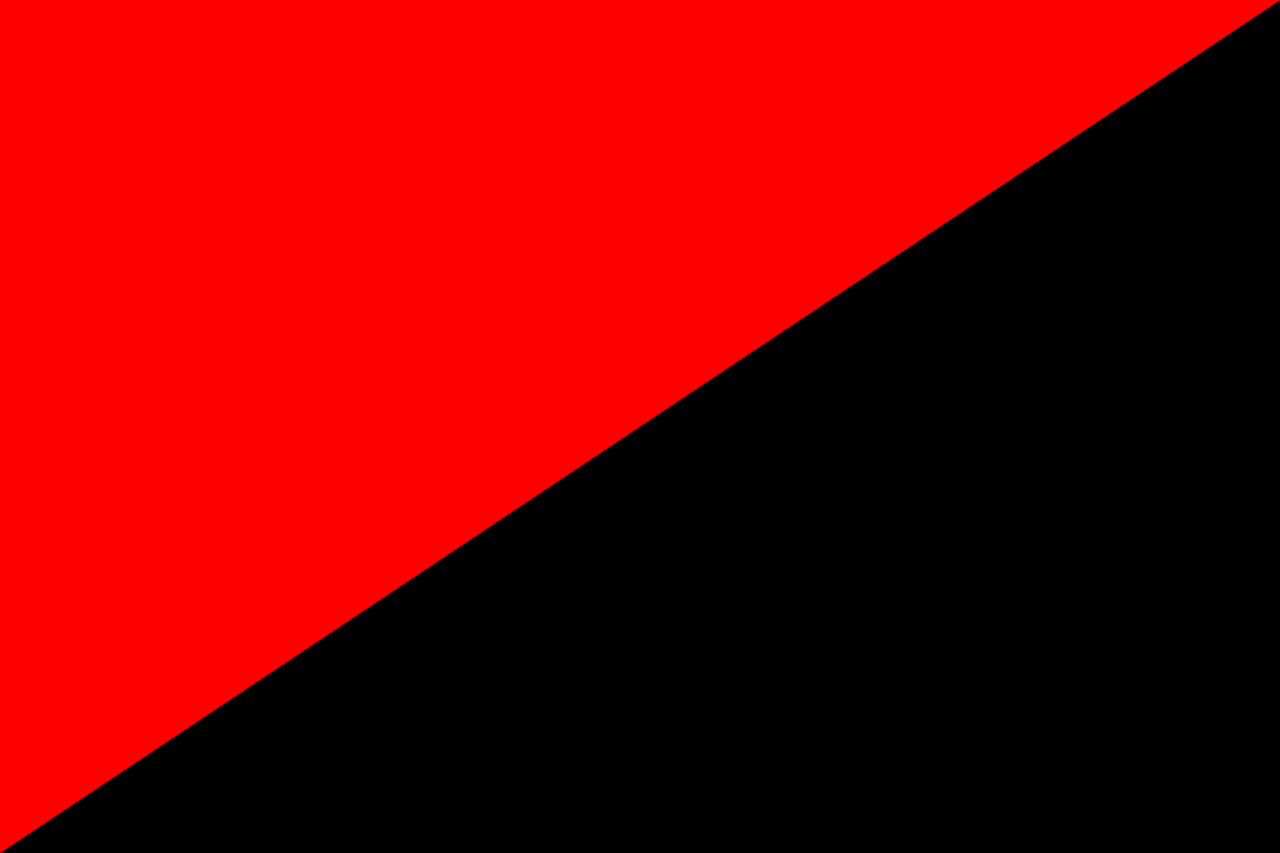
Libertarian socialism, refers to the myriad of different socialist trends, but all share a common distrust of governments (regardless of which class controls them), seek a decentralized (and often planned) economy, and often are militantly hostile to what they view as "cohesive/unnecessary hierarchies".[1] A large amount of libertarian socialists are anarchists,[2] while others could include ecosocialists or libertarian marxists.
Because most libertarian socialists reject material or historical conditions, commonly thinking that the human civilization develops based upon ideals, and generally lack any revolutionary theory that goes beyond spontaneous action and other idealistic notions, they can be viewed as largely modern utopian socialists.
Libertarian socialist movements have yet to gain the same historical relevance or state power as past-or-present scientific socialist have. Nearly all libertarian socialist movements could only apper in times a mass civil unrest or civil war, when governments were weakened to the point where such movements could not be dealt with. However, even in such conditions, those libertarian socialist polities were hastily defeated be the organized forces of governments.
References
- ↑ Roderick T. Long (1998). Toward a Libertarian Theory of Class (pp. 303 - 349). [PDF] Social Philosophy and Policy Foundation.
- ↑ Noam Chomsky (1970). Government in the Future. The Poetry Center in New York.